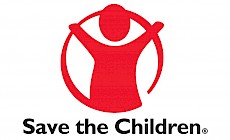Citizens and other stakeholders act together to influence policy at both local and higher levels
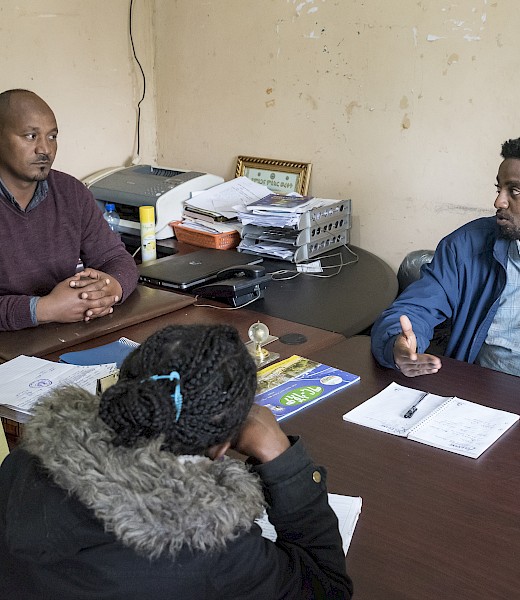
In South Sudan, Right2Grow endeavours to integrate WASH and nutrition. We do this by identifying synergies of interventions that address the nutritional impacts of inadequate WASH services on vulnerable children.
The protracted conflict in South Sudan has had a profound impact on the lives of children and their communities. Children continue to face risks of food insecurity, malnutrition, disease, forced recruitment into armed forces and armed groups, displacement, and loss of education opportunities.
Furthermore, the floods during 2019-2020 exacerbated the situation, and the lack of safe drinking water, inadequate excretal disposal, and poor hygiene practices leaves a big proportion of the population at risk of preventable vector/waterborne and WASH related diseases.
Although multisectoral approaches are frequently promoted and highly encouraged by nutrition actors in South Sudan, multisectoral and long-term programmes are not designed nationally. This is necessary to systematically reduce the prevalence of undernutrition. Furthermore, the absence of nutrition and WASH policies has an impact on local realities, such as interventions undertaken in the communities.
Overall, the situation in the country has deteriorated further, as reflected in the South Sudan Humanitarian Needs Overview of 2021. It stated that over the past five years, nutrition and WASH needs have continued to rise, even after the 2018 peace agreement. However, the livelihood and food assistance support resources have not increased, resulting in straining of the already scarce resources.
From an estimated total population of 11 million people, almost 2 million people are anticipated to suffer from acute malnutrition, of which 1.4 million are children. An estimated 7.7 million people were expected to experience acute food insecurity and worse in 2021. These numbers have increased by 15%, compared to the 6.7 million people who were acutely food insecure in 2020.
The South Sudan Humanitarian Needs Overview 2021 revealed that 64% of people across the country rely on either unimproved or surface water sources. This influences how food is prepared and utilised in the body. Ease of access to markets and access to health care facilities impact how productive people are, and how prone they are to disease or illness.
The health and wellbeing of an estimated 4.9 million South Sudanese was anticipated to be impacted negatively by the weakened health system in 2021. This equates to a 36% increase from the 3.6 million people in 2020. Therefore, the drivers of undernutrition in South Sudan were mainly the ongoing conflict, flooding, economic crisis, declined crop production (poor quality and diversity of food), diseases (36% of children under five), pests, and an underdeveloped health care system.
of children have been displaced by conflict
of people live in poverty.
of children suffer from stunting due to malnutrition
of the population has access to basic drinking water supplies
To reduce the prevalence of undernutrition among children under five, Right2Grow uses a multisectoral approach that is inclusive and gender-sensitive. This way, the partnership can contribute to the growth and development of children in South Sudan and allow them to reach their full potential in life.
Right2Grow in South Sudan is a five-year consortium of eight developmental and humanitarian organisations comprising of four national NGOs (CIDO, UNIDOR, SPEDP and CRC) and four international NGOs (Save the Children, World Vision, Action Against Hunger and CEGAA). They all are implementing multisectoral programmes focusing on health, nutrition, food security and livelihoods, WASH, and child protection across all states in South Sudan, with the exception of CEGAA who focuses on budget advocacy.
The consortium recognises the complementarity of the operational presence and technical expertise of the consortium members in allocating roles and responsibilities of the programme outcomes. Through advocacy and educational activities, Right2Grow engages with various stakeholders at the local level. The goal is to influence community behavioural change and practices to reach an improvement of the nutrition and WASH status at household level. All these efforts are meant to empower the communities to participate in the consortium’s advocacy efforts.
Right2Grow seeks to establish linkages with local communities by facilitating the linkage and cooperation between local and national CSOs in Juba, engaging with high-level decision makers (government, parliament, donors etc.). Its purpose is to facilitate networks as ‘carriers’ of a concerted lobby and advocacy efforts spearheading information on the quality and quantity of local services and budgets.
This way we can ensure the information is used by locally rooted organisations, to gain the support of the communities, and to conduct advocacy at local level. Through the network, national CSOs can use this evidence and data to inform lobby efforts aimed at higher (national) administrative levels.
In South Sudan, Right2Grow will work towards capacitating change agents in underserved communities to advocate for effective behaviour change amongst their neighbours. We support communities and CBOs to collect and analyse data on budget allocations, actual expenditure, and quality of WASH and nutrition service delivery. Right2Grow in collaboration with consortium members will lobby both Government and donors for improved funding and programming, as well support the establishment of national nutrition task force for multisectoral approach including relevant Government ministries, donors, CSOs, women led organisations, and academia.
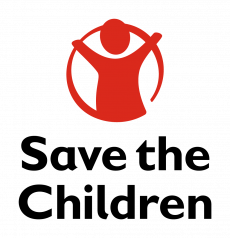
Has been working with and for children, families, communities in South Sudan since 1991 providing access to education, healthcare, nutrition support, food security and livelihoods assistance. SCI is the Lead consortium and also implementing health, nutrition, advocacy & food security projects in South Sudan.
Learn more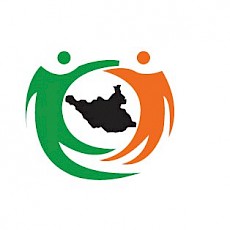
Supports vulnerable communities in identification of their basic needs and development of local solutions to enable holistic transformation. CIDO contributes to community mobilization and advocacy strengths and Health & Nutrition programming to achieve outcome 1 of the Right2Grow programme.
Learn more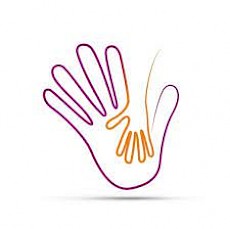
Is a coordinated platform for CSOs action engaged in child rights advocacy, lobby and governance using community voice for changes in policy and budgets. CRC is advocating & lobbying Government at both state and national levels through community voice for changes in policy and budgets.
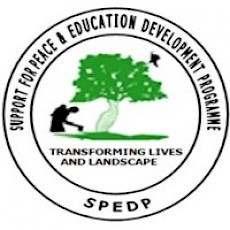
Is a national NGO Founded in 2007 providing support for peace and education development programmefor over 20 multi-sectoral projects in South Sudan’s 8 States. SPEDP is implementing, health, nutrition, WASH, food security and advocacy projects.
Learn more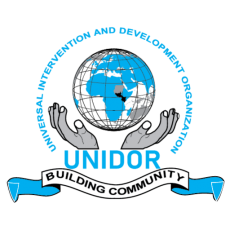
Is a Christian based non-governmental organization founded in 2004 providing multi-sectoral humanitarian relief services to the hard-to-reach-areas in South Sudan's Unity State. UNIDOR is co-chair and is implementing Health, Nutrition, Food security, WASH & advocacy projects.
Learn more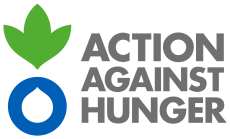
Is a humanitarian and development organization created in 1979 to fight against hunger for the last 40 years, and providing a coordinated response in nearly 50 countries. ACF implements Health, Nutrition, WASH and advocacy component of the project.
Learn more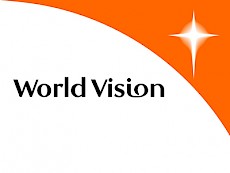
Its operations in South Sudan started in 1989 and now serves 2 million people. With R2G, it aims for stronger campaign against childhood malnutrition. WVI is Implementing Health, Nutrition, food security and Advocacy projects.
Learn more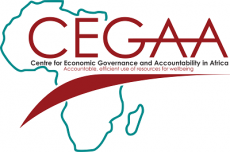
Works to build, in particular by empowering civil society, supporting parliamentarians, through training or capacity building on the budget process and monitoring.
Learn more
